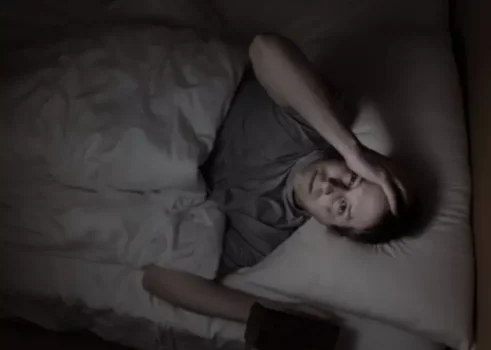
That all or nothing nature of the first couple of weeks means that either what a mom drinks or takes will not have an effect and the pregnancy will continue, or it will have a strong enough effect to cause a miscarriage. There isn’t much a middle ground, i.e. your pregnancy will continue with a damaged fetus. The eighth week after fertilization is the end of the embryonic stage and the beginning of the fetal stage of pregnancy. Prenatal alcohol exposure still has the potential to negatively impact normal development, but as the majority of organ systems have been determined by this point in time, organ-specific birth defects are not normally expected. The developing central nervous system remains vulnerable to the prenatal exposure of alcohol, particularly in the formation of the cerebellum, and the fetus remains vulnerable in terms of prenatal growth restrictions. Most drug addiction treatment of the baby’s body and organs are formed between weeks 3 and 8 of pregnancy and it is during this time that heavy drinking can potentially cause the facial differences linked to FASD.
Alcohol during pregnancy
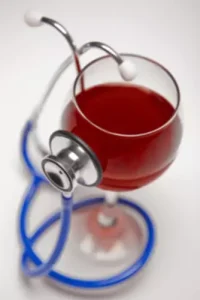
Indeed, women today, as in the past, are made to feel responsible for everything that happens before, during, and after pregnancy and birth. Exposure to alcohol in the womb can cause lifelong problems with learning and behaviour, as well as some birth defects, miscarriage and stillbirth, and preterm delivery. While the strongest chance of problems has been most clearly linked to heavy drinking, studies have not been able to prove that any amount of alcohol during pregnancy is safe.
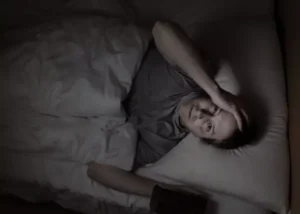
A Guide to Women’s Health: Fifty and forward
If you’re in a party and everybody around you is having champagne, you can drink apple or grapefruit juice in a champagne glass to blend in. Then there are always healthy non-carbonated soft drinks and milkshakes that you can have (6). Heavy use of alcohol in pregnancy can cause serious and permanent damage to your baby. Researchers are continually learning more about alcohol and pregnancy. While we know any drinking during pregnancy can be risky, we don’t have a full picture of the effects of alcohol in early pregnancy. While you may have heard that an occasional glass of wine is okay, the truth is that there’s no known safe amount of alcohol during pregnancy.
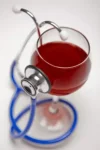
What To Do If You Accidentally Consumed Alcohol
- They were unable to tell any difference between children whose mothers drank low to moderate amounts of alcohol and those who abstained completely during pregnancy.
- Pregnancy is a critical time that demands heightened attention to health and lifestyle choices, as these directly impact the development of the unborn baby.
- However, some medicines can affect a baby’s growth and development.
- It’s recommended that if you’re pregnant or planning to become pregnant you should not drink alcohol.
- And a woman who experienced some kind of shock or extreme fright while pregnant and touched her own face in response would have a baby with a birthmark in that same spot.
Be sure to speak with your healthcare provider about the situation. They can provide specific advice and reassurances based on your individual circumstances. For the many women that drank some alcohol before they realized they were pregnant, this and other studies should reassure them.
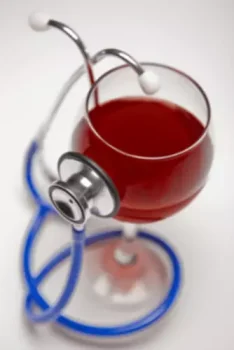
Don’t drink alcohol if you’re pregnant, trying to get pregnant or think you may be pregnant.
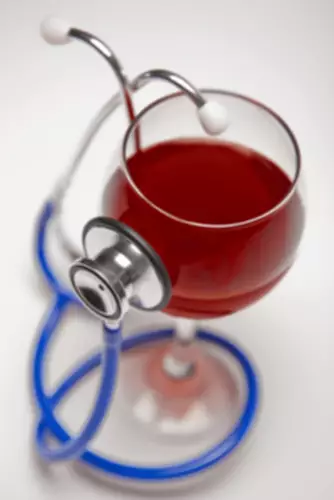
Could a glass of wine with dinner or a happy hour cocktail really cause brain damage in their future child? Social media lit up with questions, complaints, and even parodies of this new addition to the long list of things women should or should not do when they are pregnant—or even “pre-pregnant” in the language of one CDC official. And mothers and pregnant women began to wonder and worry whether and how much they might have unwittingly damaged their children. Now is a good time to review the evidence base https://ecosoberhouse.com/ for the recommendation that women should not drink at all if they are or might become pregnant. Alcohol could be called a legal drug which is also classified as a teratogen. A teratogen is a substance that is known to be harmful to human development, therefore if you’re asking, “Can I drink any alcohol while pregnant?
How much alcohol causes FASD?
Alcohol introduced at this stage can have significant repercussions depending on the population of cells negatively affected. Those developmental deviations can result in a range of birth defects or may completely arrest the pregnancy if malformations are particularly severe. During the fetal stage, prenatal alcohol exposure still has the potential to negatively impact development, but much less than the massive developmental defects that can result from exposure during the embryonic stage. During 2018–2020, 13.5% of pregnant adults in the United States reported current drinking, and 5.2% reported binge drinking in the past 30 days. Those with no usual health care provider and those reporting frequent mental distress were more likely to consume alcohol.
Health Care Providers
She had a glass of beer virtually every night before going to bed, deciding that sleepless nights or medication would be more harmful to the baby than the beer (her baby is also bright and healthy). The fetus is not as sensitive to the effects of alcohol as is the embryo, and in the third trimester the fetus begins to self-regulate and redirect resources to cope with environmental damages. Self-regulation is observed in the pre-natal growth deficiencies that accompany FAS, which fall into two broad categories, symmetric or asymmetric intrauterine growth restrictions. If alcohol impacts is it safe to drink alcohol while pregnant cellular proliferation in the first and second trimester, or consistently throughout the entire pregnancy, then the growth deficiencies will be symmetric and observed across all parts of the developing fetus.
Drinking alcohol while pregnant
- In this, the warning reflects the move to embrace the idea of “preconception health,” an initiative that the CDC first launched in 2004.
- The CDC says to stay away from alcohol if you’re trying to conceive—but let’s be honest, there are plenty of us out there who had a second (or third) margarita before getting a positive pregnancy test.
- Additionally, misconceptions about size and alcohol content of a standard drink may lead to error in earnest reporting.
- Women face a long list of “dos and don’ts” during pregnancy—and one of the “don’ts” expressed most forcefully in contemporary American society is the prohibition against drinking any amount of alcohol during pregnancy.
But the fact of the matter is, there is no known amount of alcohol that is safe in pregnancy. Over the last few years, there’s been some controversy surrounding drinking and pregnancy, over whether just a glass of wine with dinner is safe, and you may be wondering what to believe. Not to mention, more and more women are drinking during pregnancy. Drinking alcohol while pregnant has been shown to cause harm to a baby as it develops in the womb. Alcohol used during pregnancy may also lead to long-term medical problems and birth defects. Healthcare providers must educate women about what we know regarding alcohol consumption during pregnancy.
Think your child has ADHD? What your pediatrician can do
For those mothers who drank very early in their pregnancy and stopped immediately upon learning that they were pregnant, the risks to their unborn child were minimal to non-existent. Evaluate the association between week-by-week alcohol consumption in early pregnancy and spontaneous abortion. Finding out you’re pregnant can bring joy, excitement, and sometimes a few worries. If you’ve accidentally consumed alcohol before realizing you’re pregnant, it’s a common concern. In this post, we’re going to discuss what this means and the steps you can take. If you used any amount of alcohol while you were pregnant, talk with your child’s healthcare provider as soon as possible and share your concerns.